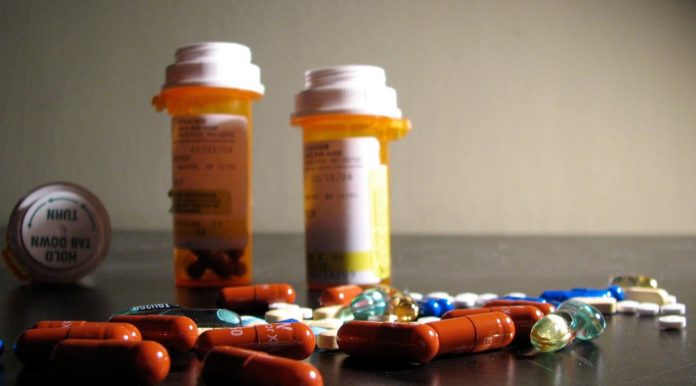
Pharmaceutical giant Novartis disclosed this week that employees at the company’s Japanese unit had concealed thousands of cases of serious side effects, including at least one fatality, among patients taking their drugs for leukemia and other cancers.
In a shocking disclosure, the Japanese unit of Swiss pharmaceutical giant Novartis has admitted it failed to report more than 2,500 cases of serious side effects from its drugs for leukemia and other diseases — including at least one fatality — even though its employees were aware of the problems.
Of the more than 2,500 unreported cases of side effects, at least 1,313 cases were related to Glivec and 514 to Tasigna, both drugs for leukemia treatment. Another 261 cases involved Afinitor, a cancer drug, the company said. The findings were reported to the Health, Labor and Welfare Ministry the same day.
The marketing staff at Novartis recognized the side effects but failed to report them to the division in charge, breaking the drug firm’s internal rules, Novartis said. They were not fully aware of the importance of the problem and higher-ranking officials failed to supervise them properly, it said.
In addition to the confirmed cases, there are 6,118 more suspected cases of side effects, Novartis said, adding that it is still examining them.
Latest revelation is part of a startling pattern
The startling revelation comes just months after Novartis overhauled its Japanese unit and replaced all of the top executives in the face of allegations that the company failed to report possible side effects observed in patients taking the leukemia drugs Tasigna and Gleevec.
Novartis employees may have also been inappropriately involved in the leukemia trials. In March, the University of Tokyo Hospital — which was conducting a trial comparing Tasigna and Gleevec — revealed that several Novartis sales reps processed questionnaires during the trial, violating trial protocol that required doctors to handle the questionnaires themselves.
And in July, prosecutors in Japan brought criminal charges against the unit, alleging that falsified data was used in a study involving the popular blood-pressure medication Diovan in an attempt to make the drug appear better than its competitors. Prosecutors also indicted Nobuo Shirahashi, a former employee of the company’s Japanese arm, over allegations that he manipulated the data in clinical trials and gave falsified data to researchers whose work was used to market the drug.
An investigation the company launched in April that covered all employees found that about 10,000 cases of side effects were not reported to the internal division in charge, during and after 2002.
The health ministry on July 31 ordered the company to conduct another probe and report the results by the end of August. The ministry also issued a business improvement order to Novartis the same day for its failure to report side effects involving Glivec and Tasigna.
Each year pharmaceutical giants end up spending billions of dollars on fines and legal fees for the many allegations of fraud, misrepresentation of data, and other such corruption leveled against them. In the last three years, the world’s major pharmaceutical companies have paid fines to the tune of $11 billion for criminal wrongdoing, including withholding safety data and promoting drugs for use beyond any licensed condition.
GlaxoSmithKline (GSK) paid $3 billion, the biggest fine ever after pleading guilty on three criminal counts for promoting two drugs for unapproved uses and failing to report safety data about a diabetes drug to the US Food and Drug Administration. Pfizer paid $2.3 billion after the company was charged with bribery, misrepresenting safety data on the drug Celebrex, and related scandals. Meanwhile, Novartis ended up paying $420 million for their wrongdoings.
